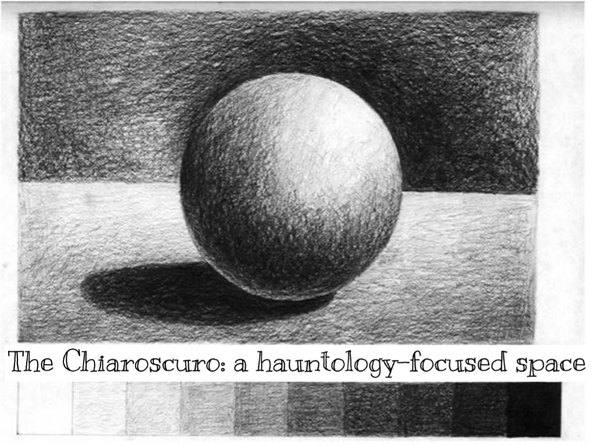A series of journals in which Lance Peng contemplates his teaching practice.
Ambiguity, it turns out, is everywhere in teaching. Not just in the big theoretical sense but in the tiny emotional shifts of the classroom, in the between certainty and not-knowing, in the uncomfortable but generative spaces where I’m not entirely sure what I’m doing and perhaps neither are my students.
And that’s the bit I keep returning to: ambiguity not as an obstacle but as a strategy. Uncertainty not as a gap but as a dimension.
When I try to tease apart the difference, I realise I’ve been operating with both for years, sometimes deliberately and sometimes by accident.

